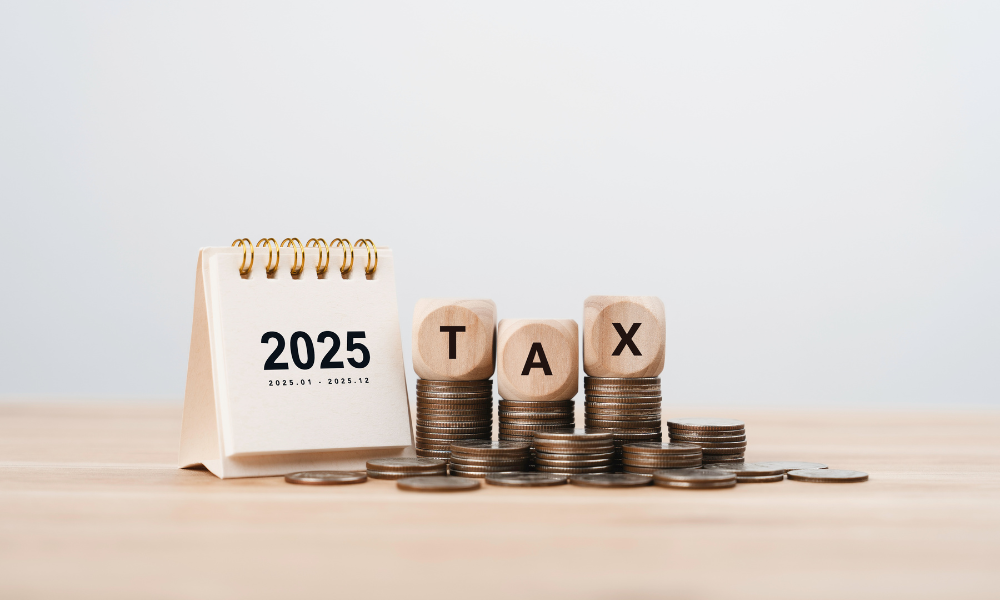
Province also plans to introduce amendments removing provincial sales tax exemption on vapour products

A planned amendment to Saskatchewan’s Income Tax Act, 2000 seeks to introduce initiatives announced in the 2025–26 Budget, including the fertility treatment tax credit and small and medium enterprise investment tax credit, said a news release of the provincial government.
“Our government listened to the priorities of Saskatchewan people and delivered a budget that addresses those priorities, including making life more affordable,” said Jim Reiter, Saskatchewan’s deputy premier and finance minister, in the news release.
The fertility treatment tax credit involves a refundable 50-percent tax credit toward maximum costs of $20,000 for eligible fertility treatments in the province. This initiative aims to support access to such treatments, according to the news release.
“These tax credits provide relief for parents trying to grow their families without worrying about the high costs of fertility treatments and create incentives for businesses to invest and scale-up their operations,” Reiter said in the news release.
The small and medium enterprise investment tax credit involves a 45-percent non-refundable tax credit for individuals or corporations investing equity in eligible small and medium-sized Saskatchewan businesses.
The initiative focuses on sectors such as food and beverage, machinery, and transportation equipment manufacturing. It seeks to support the province’s small and medium-sized businesses, which the news release called “critical” to growing the economy.
“The introduction of the small and medium enterprise investment tax credit will have a positive effect on the Regina and Saskatchewan business communities,” said Mike Tate, Regina and District Chamber of Commerce president, in the news release.
“By introducing tax relief and incentives, the amendments will reduce the financial burden on businesses and allow for reinvestment in innovation, expansion and job creation,” Tate added in the news release. “This will enable local businesses to thrive while attracting new investments to Saskatchewan.”
Another change contemplated in the Income Tax Act aims to ensure the continued indexation of tax credits for initiatives in the Saskatchewan Affordability Act and other income tax programs, as per the government’s news release.
The Saskatchewan government has also introduced amendments to the Provincial Sales Tax Act, 2025, which will remove the provincial sales tax (PST) exemption on vapour products.
“Shortly, equivalent taxation will apply to all vapour and tobacco products sold in Saskatchewan,” Reiter said in a news release. “This will help discourage the use of these products, especially among youth, who are at risk of long-term, negative health impacts.”
Beginning June 1, the six-percent PST rate will be applicable to such products, which are already subject to an existing vapour products tax, said the Saskatchewan government’s news release.
The provincial government expects the PST on vapour products, first announced in the 2025–26 budget, to boost PST revenues by $3 million per year.
Another expected benefit, according to the news release, is the decrease in nicotine exposure, which can impact the brain development of young people, affect memory and mood, and increase the risk of addiction to other substances.
“We applaud the Saskatchewan Government for its recent announcement that a provincial sales tax will be added to all vapour products,” said Erin Kaun, Lung Saskatchewan president and CEO, in the news release. “Increased taxation is one of the most effective strategies in reducing consumption, particularly among youth.”